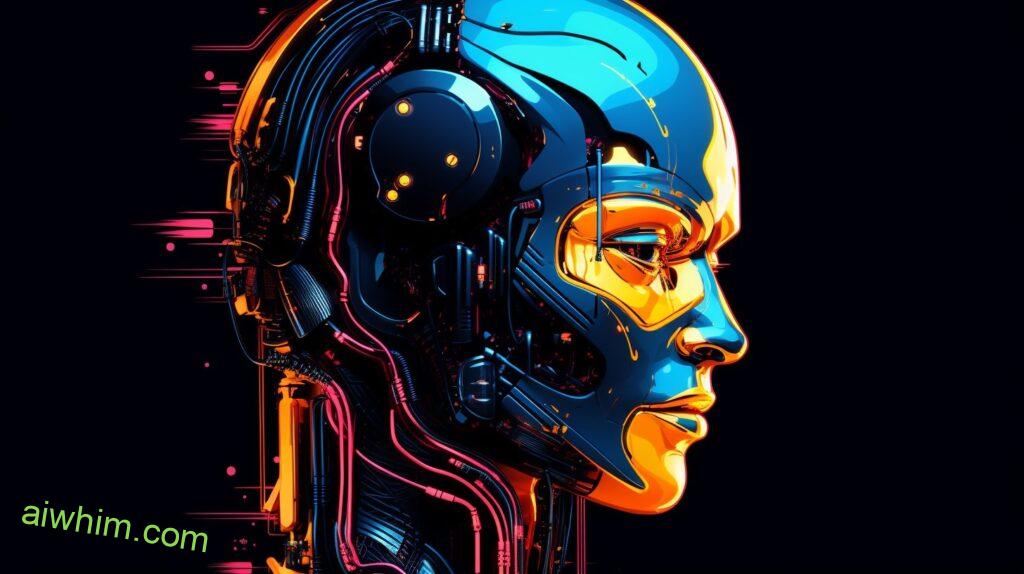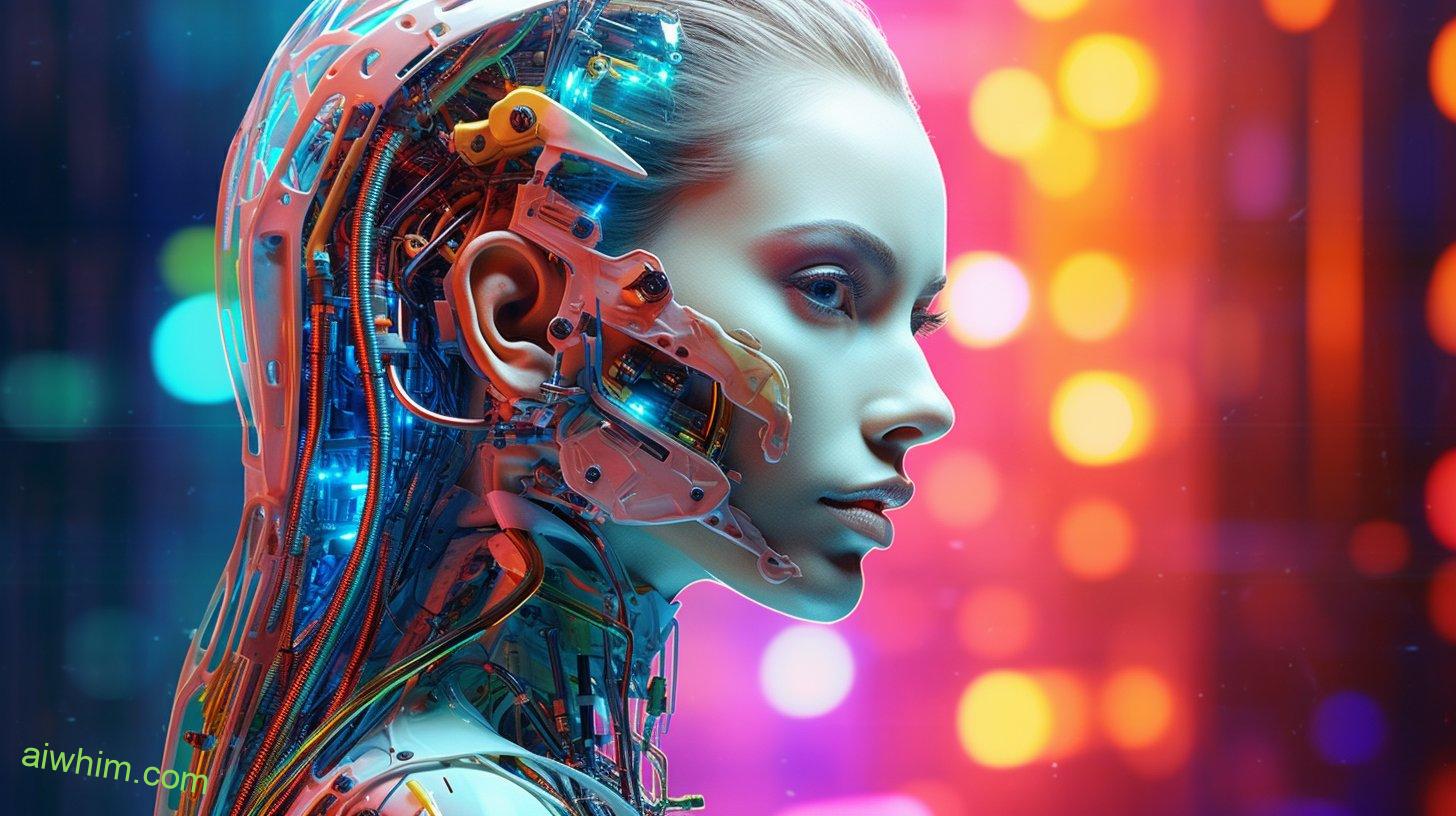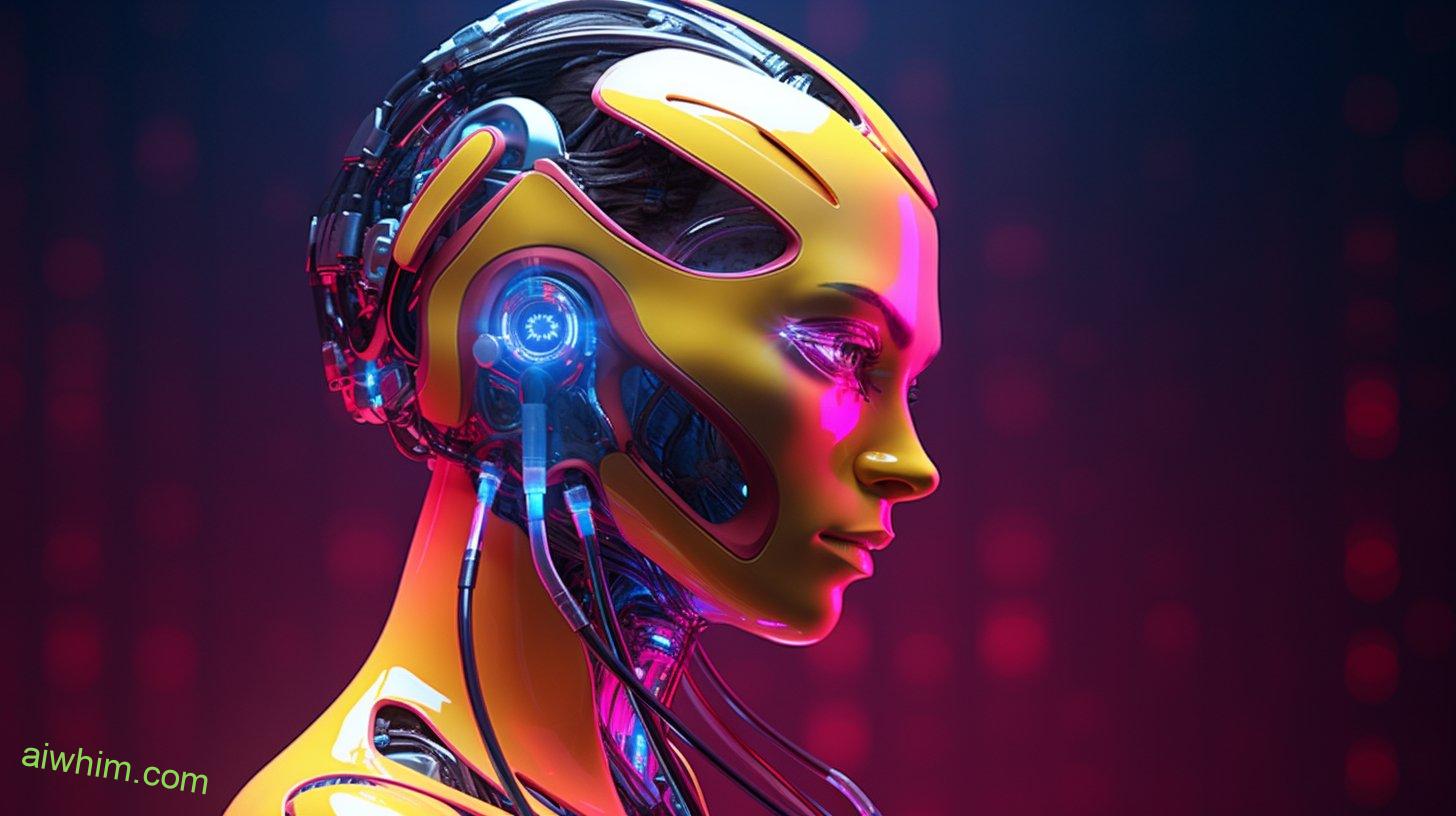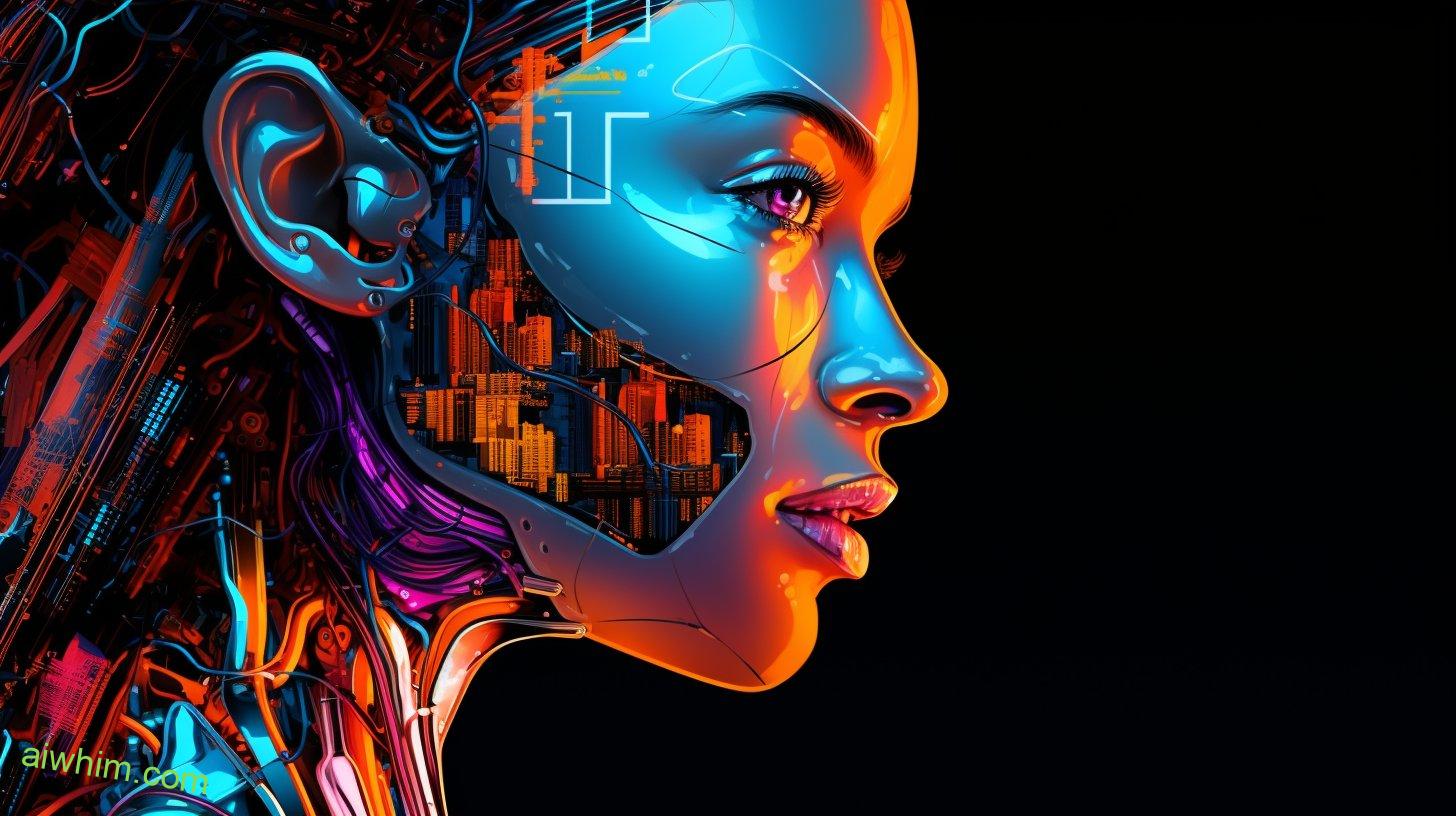Are you a drama teacher who thrives on the energy of a live classroom?
Picture this: a high school drama class where students are rehearsing a scene from Shakespeare’s ‘Romeo and Juliet.’ As they perform, an AI-powered virtual assistant analyzes their movements, vocal projection, and emotional expressions, providing instant feedback and suggestions for improvement.
It sounds like something out of a sci-fi movie, but with the rise of Artificial Intelligence (AI) in education, this scenario might not be as far-fetched as it seems.
The question remains: will AI replace drama teachers?
As you ponder over this thought, consider the potential of AI in drama education and the importance of human connection in the realm of performing arts.
Key Takeaways
- AI has the potential to revolutionize drama assessments and automate evaluations, saving teachers time.
- AI can provide objective feedback on acting skills and performance, as well as personalized suggestions for improvement.
- However, AI has limitations in understanding and appreciating human emotion, adapting to individual student needs, assessing creativity and expression, and replicating human authenticity.
- The human connection in drama, which allows for emotional experiences and engagement with the audience, is essential and cannot be fully replaced by AI.
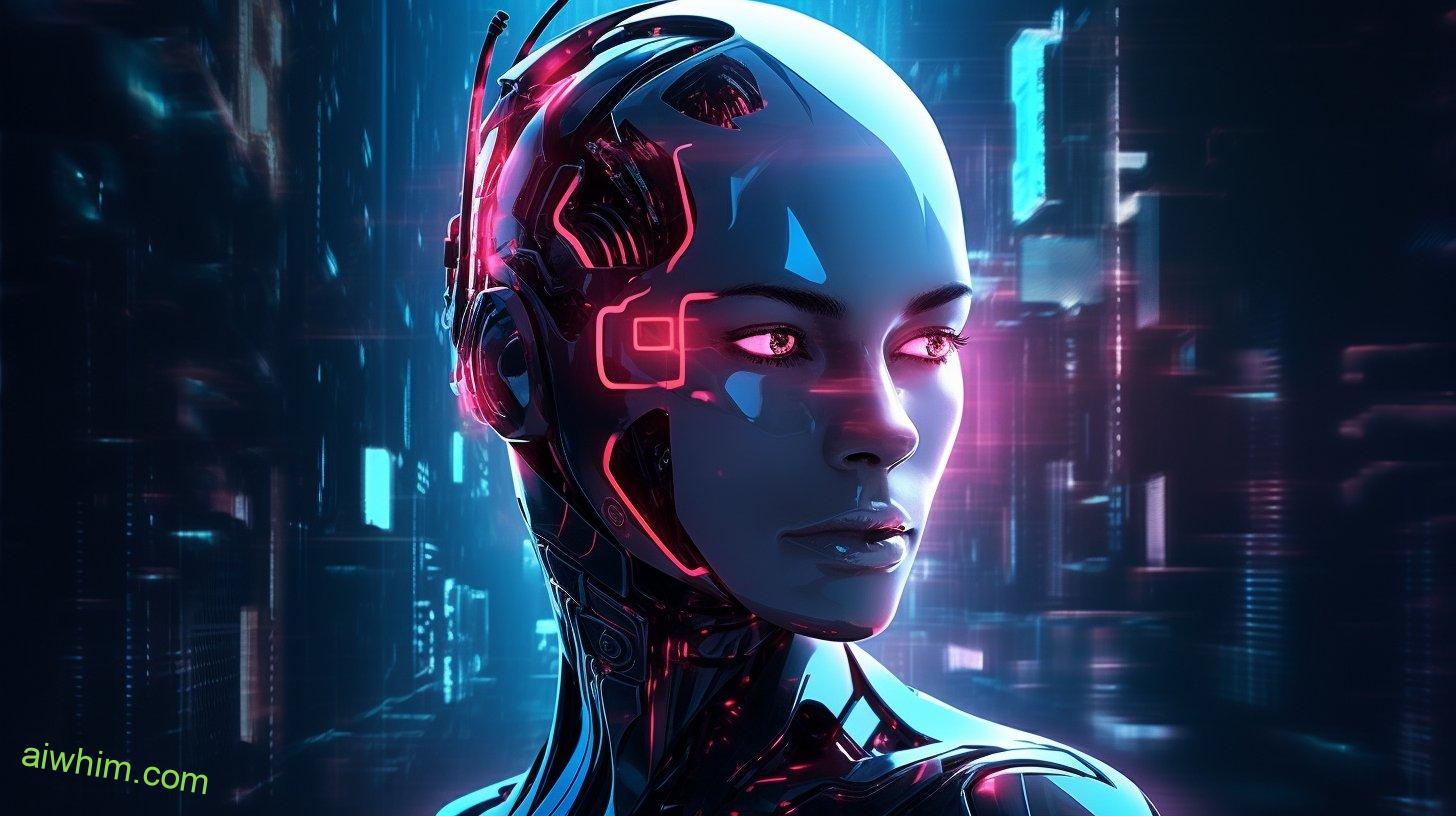
The Rise of AI in Education
AI is revolutionizing the field of education, transforming the way students learn and teachers teach. With the rise of AI in education, there are important ethical implications to consider. As AI becomes increasingly integrated into classrooms, it raises questions about the privacy and security of student data. How can we ensure that AI systems are used responsibly and that student information is protected?
Another concern is the potential impact of AI on student creativity and expression in drama education. While AI can provide personalized feedback and support, there’s a risk that it may stifle individuality and limit artistic exploration. Drama is a field that thrives on human emotion, spontaneity, and the ability to think outside the box. Will AI be able to replicate these qualities and effectively teach drama?
Furthermore, there’s a fear that AI may perpetuate biases and reinforce existing social inequalities. AI algorithms are trained on existing data, which can reflect societal biases. If these biases aren’t addressed, AI could inadvertently perpetuate discriminatory practices in education. It’s crucial that we actively work to ensure that AI systems are fair, unbiased, and inclusive.
While AI has the potential to enhance education in many ways, it’s important to approach its integration with caution. We must carefully consider the ethical implications and potential impact on student creativity and expression in drama education. By doing so, we can ensure that AI is used responsibly, respects student privacy, and fosters an environment that encourages individuality, artistic exploration, and equal opportunities for all students.
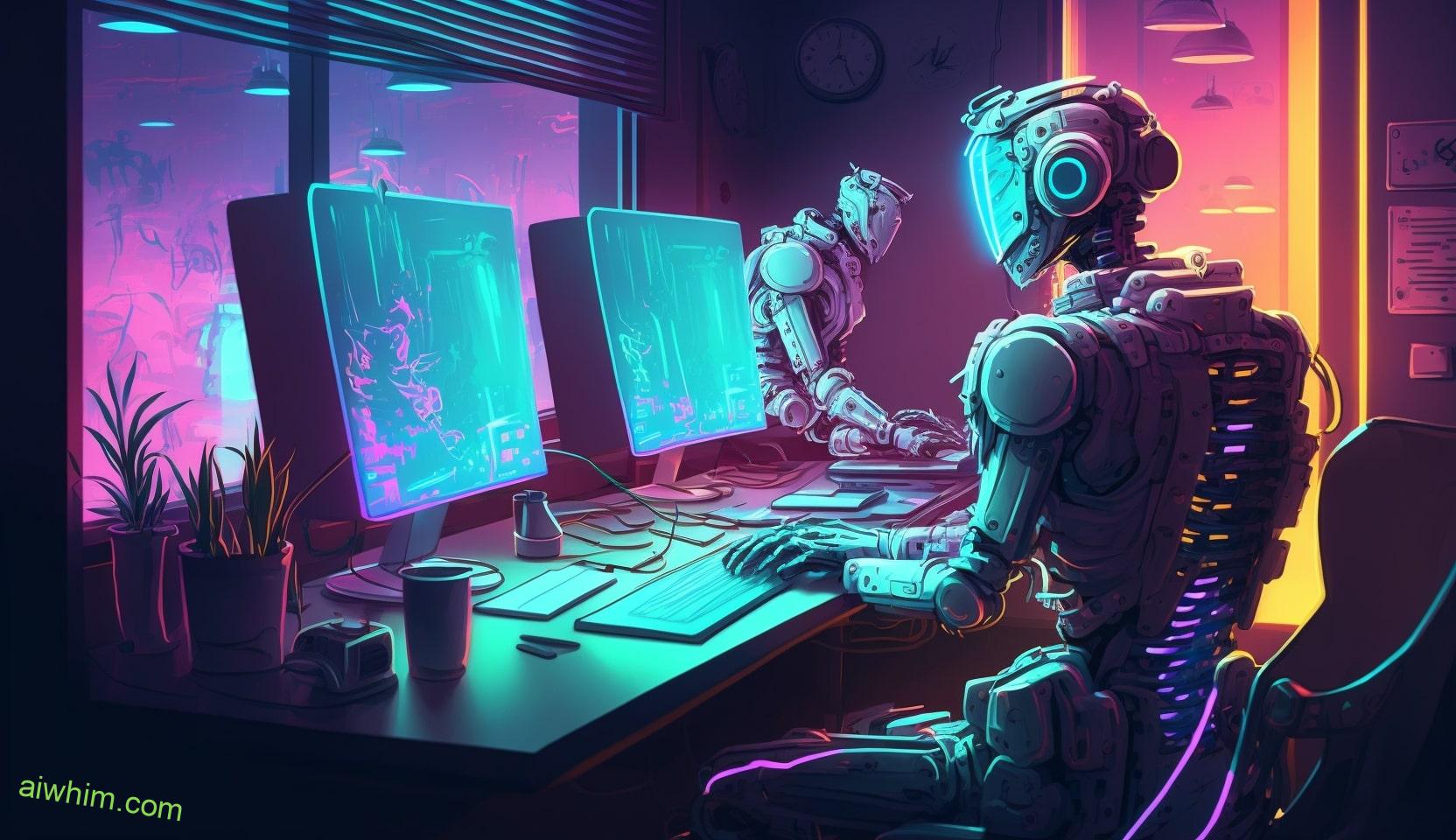
AI’s Potential in Drama Education
Drama education can benefit from the potential of AI by enhancing feedback and support for students’ artistic development. AI has the power to revolutionize creativity in drama education by providing new tools and resources that can aid students in their artistic journey. With AI, students can explore different forms of expression and push the boundaries of their creativity.
AI’s impact on creativity is immense. It can analyze and interpret various forms of artistic expression, such as acting, singing, and dancing, providing students with personalized feedback and guidance. This feedback can help students identify areas of improvement, refine their skills, and take their performances to the next level. AI can also offer suggestions for character development, help students explore new acting techniques, and even provide inspiration for innovative storytelling.
Furthermore, AI’s role in improvisation can be invaluable. Improvisation is an essential part of drama education, as it helps students think on their feet and respond in the moment. AI can simulate different scenarios, characters, and environments, allowing students to practice and develop their improvisation skills. AI can provide real-time feedback, helping students refine their responses and learn from their mistakes.
In a world where technology is advancing at a rapid pace, incorporating AI into drama education can provide students with a wealth of opportunities. It can expand their artistic horizons, nurture their creativity, and offer them new ways to express themselves. While AI may never replace the role of a drama teacher, it can certainly enhance the learning experience and empower students to reach their full artistic potential.
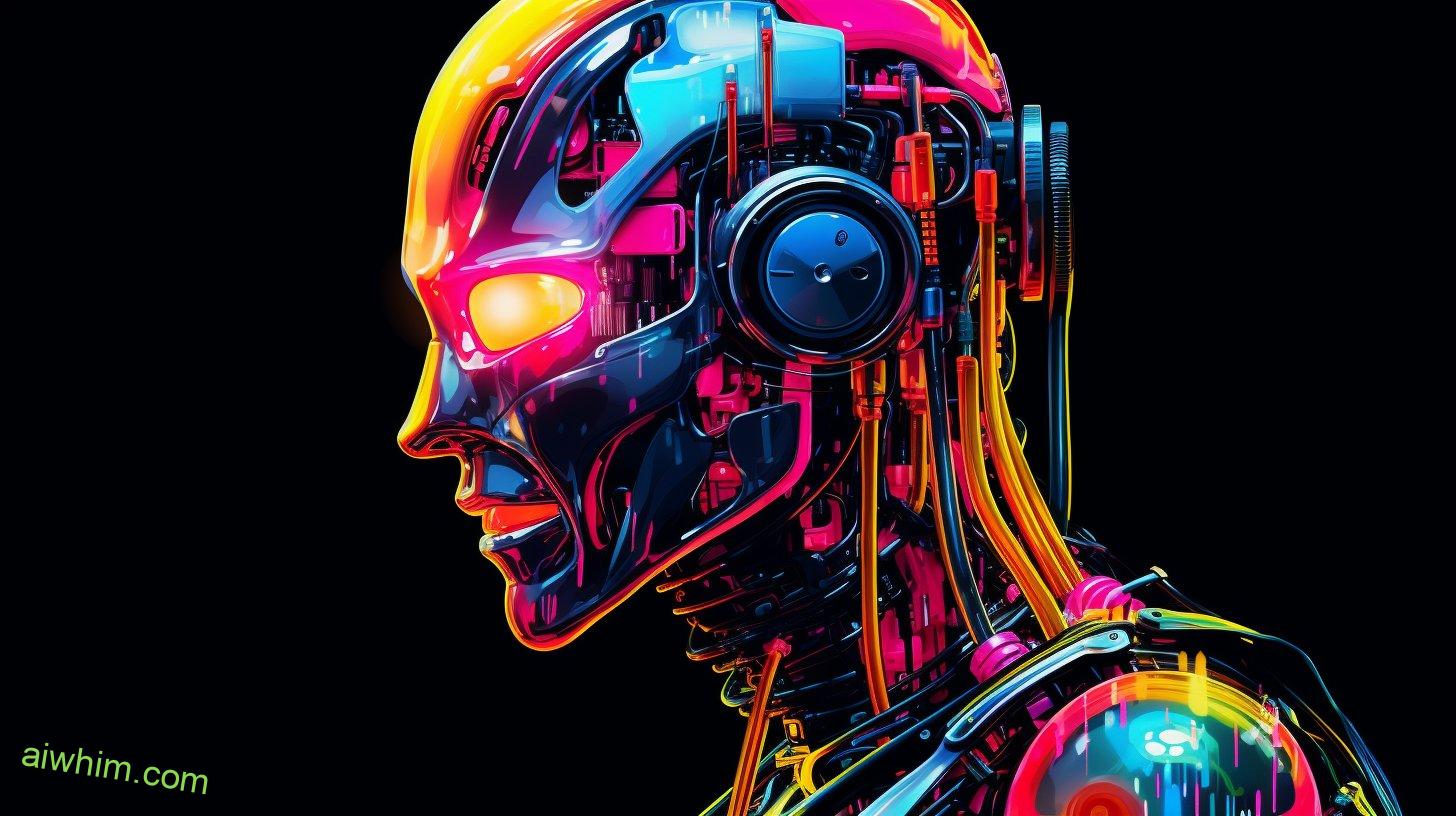
Advantages of AI in Drama Teaching
Are you ready to explore the numerous benefits that AI brings to drama teaching? Implementing AI in drama assessments can revolutionize the way students are evaluated. With AI, assessments can be automated, saving teachers time and allowing them to focus on other aspects of their work. AI can analyze students’ performances, providing objective feedback on their acting skills, delivery, and overall performance. This allows for a fair and unbiased evaluation, ensuring that students receive the feedback they need to improve.
Furthermore, AI can be used for personalized feedback in drama education. By analyzing individual students’ strengths and weaknesses, AI can provide tailored feedback and suggestions for improvement. This personalized approach helps students to grow as actors, addressing their specific needs and helping them to reach their full potential.
AI can also enhance the learning experience by providing additional resources and tools. For example, AI can generate scripts and provide students with a variety of scenes and monologues to practice with. AI can also simulate different acting scenarios, allowing students to explore and experiment with various techniques and styles.
In addition, AI can facilitate collaboration and creativity in drama education. Through AI-powered platforms, students can work together remotely, sharing ideas and collaborating on projects. AI can also analyze and generate new ideas, providing students with inspiration and sparking their creativity.
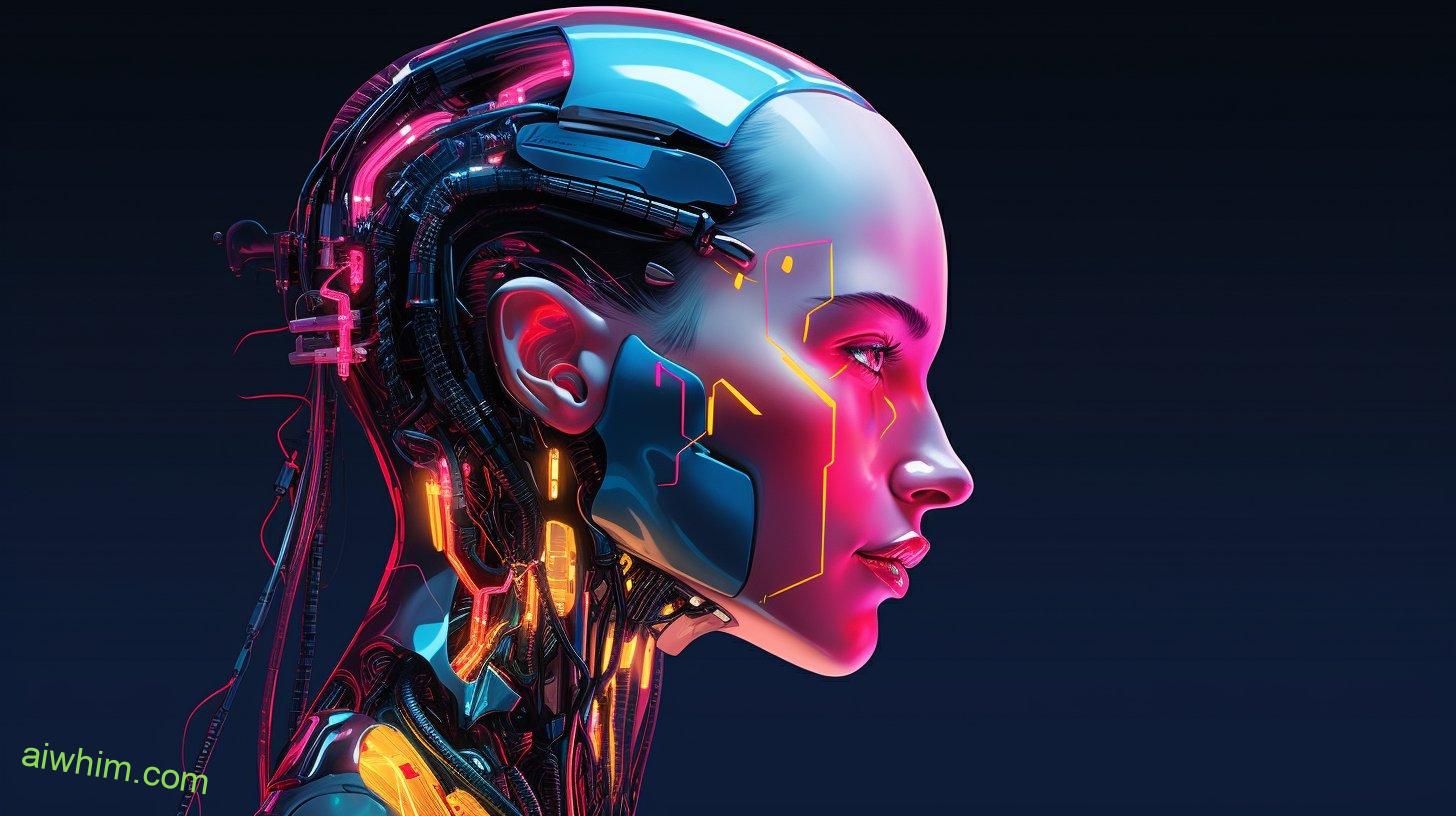
Limitations of AI in Drama Education
While AI has revolutionized drama teaching in many ways, it’s important to acknowledge the limitations of its application in this field. AI may provide assistance in delivering scripted lines, managing simulations, and providing feedback on technical aspects of performance, but it falls short when it comes to fostering creativity and expression in students.
One of the limitations of AI in drama pedagogy is its inability to fully understand and appreciate the nuances of human emotion and expression. AI may be able to analyze and mimic certain emotions, but it lacks the depth and subtlety that human teachers bring to the table. Drama is about more than just reciting lines or hitting the right mark; it’s about connecting with the audience on an emotional level, and AI simply can’t replicate that level of authenticity.
Furthermore, AI is limited in its ability to adapt and respond to the unique needs and abilities of individual students. Drama education is a highly personal and interactive process, requiring teachers to tailor their approach based on the strengths and weaknesses of each student. AI may be able to provide general guidance, but it can’t provide the personalized attention and support that students require to develop their creativity and expression fully.
In addition, creativity and expression aren’t easily quantifiable or measurable, making it challenging for AI to assess and evaluate these aspects effectively. While AI may be able to provide feedback on technical aspects of performance, it struggles to recognize and appreciate the more intangible elements that make a performance truly exceptional.
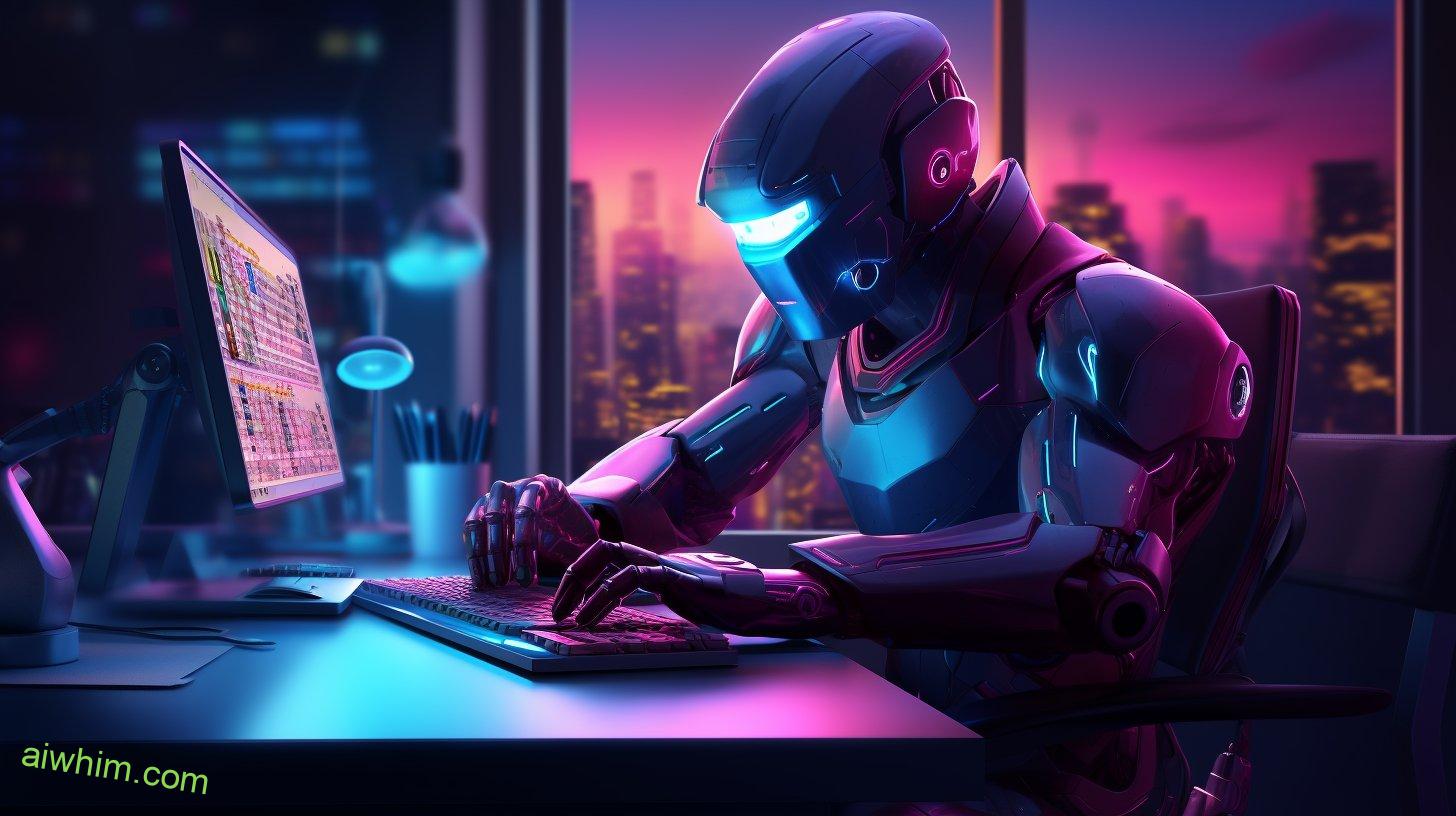
The Importance of Human Connection in Drama
To truly engage and connect with an audience, drama relies heavily on the human connection between the performers and the viewers. The art of storytelling is deeply rooted in this connection, as it allows the audience to experience a range of emotions and connect with the characters on a personal level. The therapeutic benefits of drama are also closely tied to this human connection.
When you watch a play or a performance, you aren’t just a passive observer; you become an active participant in the story. You feel the joy, the pain, and the excitement alongside the characters. This shared experience creates a bond between you and the performers, making the performance more meaningful and impactful.
The human connection in drama goes beyond just the words and actions on stage. It involves the ability of the performers to tap into their own emotions and vulnerabilities, allowing the audience to see themselves reflected in the characters. This authenticity and vulnerability is what makes drama so powerful and relatable.
Furthermore, drama provides a safe space for emotional exploration and expression. It allows you to step into someone else’s shoes and experience different perspectives. This can be incredibly therapeutic, as it helps you gain a deeper understanding of yourself and others. The human connection that’s fostered in drama can provide a sense of belonging, support, and healing.
In a world where technology continues to advance, it’s important to remember the irreplaceable value of the human connection in drama. While AI may be able to mimic certain aspects of performance, it can never fully replicate the depth and authenticity that comes from human interaction.
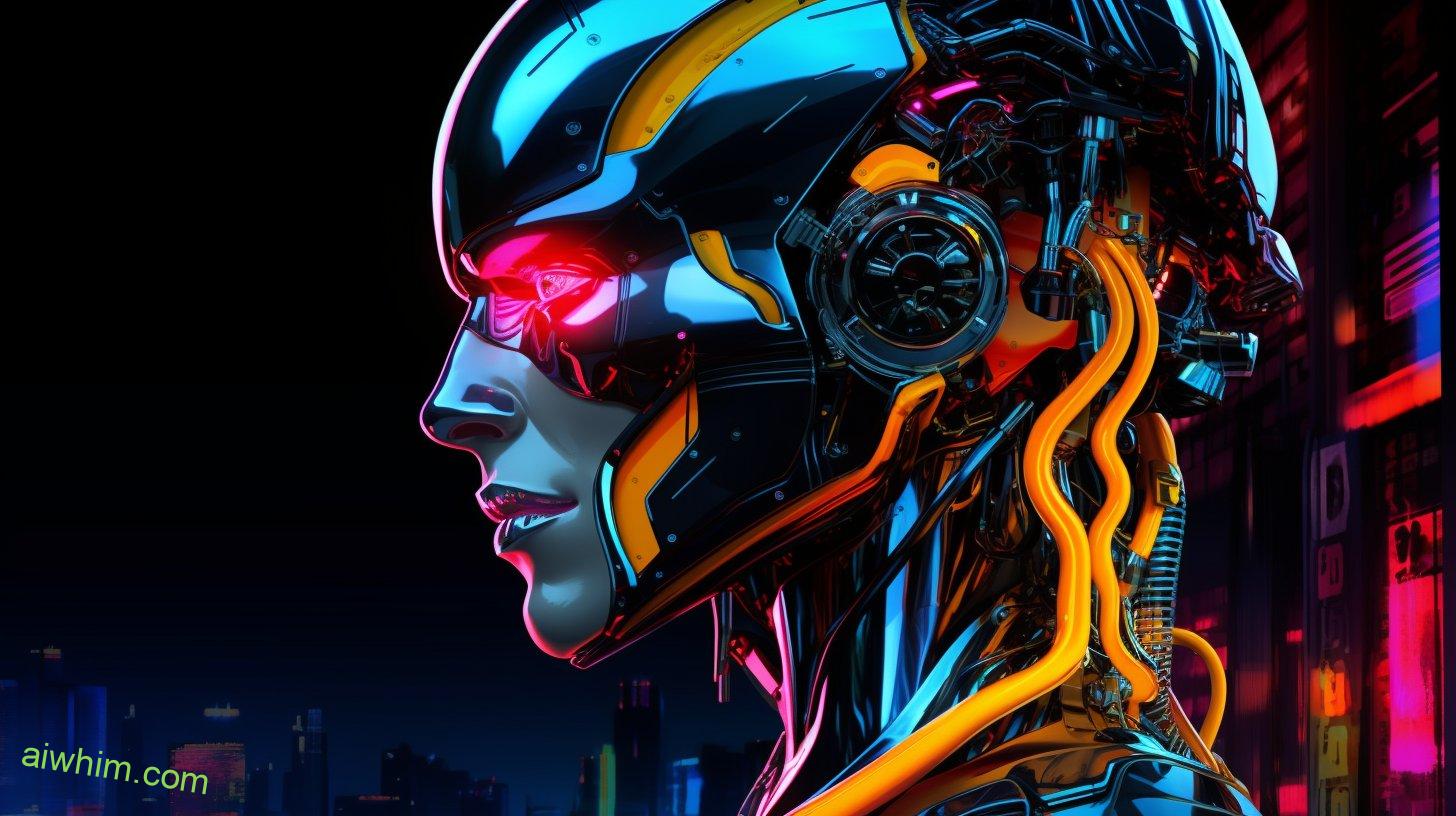
The Unique Skills of Drama Teachers
As we explore the unique skills of drama teachers, it’s crucial to recognize the indispensable role they play in fostering the human connection that’s at the heart of the art form. Drama pedagogy goes beyond just teaching acting techniques; it encompasses a range of abilities that are essential for nurturing creativity and facilitating personal growth.
Here are three key skills that make drama teachers irreplaceable:
- Facilitating creative expression: Drama teachers have a remarkable talent for creating a safe and supportive environment where individuals can freely explore their emotions and express themselves without judgment. Through various exercises and improvisation techniques, they encourage students to tap into their innermost thoughts and feelings, allowing for genuine and authentic performances.
- Building confidence and self-esteem: Drama teachers possess a unique ability to help students discover their own strengths and capabilities. They provide constructive feedback and guidance, helping individuals build confidence in their abilities. By pushing students out of their comfort zones and challenging them to take risks, drama teachers empower students to embrace their true potential.
- Fostering collaboration and teamwork: Drama is a collaborative art form that requires individuals to work together to create a cohesive performance. Drama teachers excel in teaching students the importance of teamwork, communication, and cooperation. They guide students in developing effective communication skills, empathy, and the ability to listen and respond to others. These skills not only benefit students in the realm of drama but also translate into other aspects of their lives.
The unique skills of drama teachers can’t be replicated by artificial intelligence. Their ability to foster creative expression, build confidence, and promote collaboration is what sets them apart and ensures the continued importance of their role in the field of drama pedagogy.
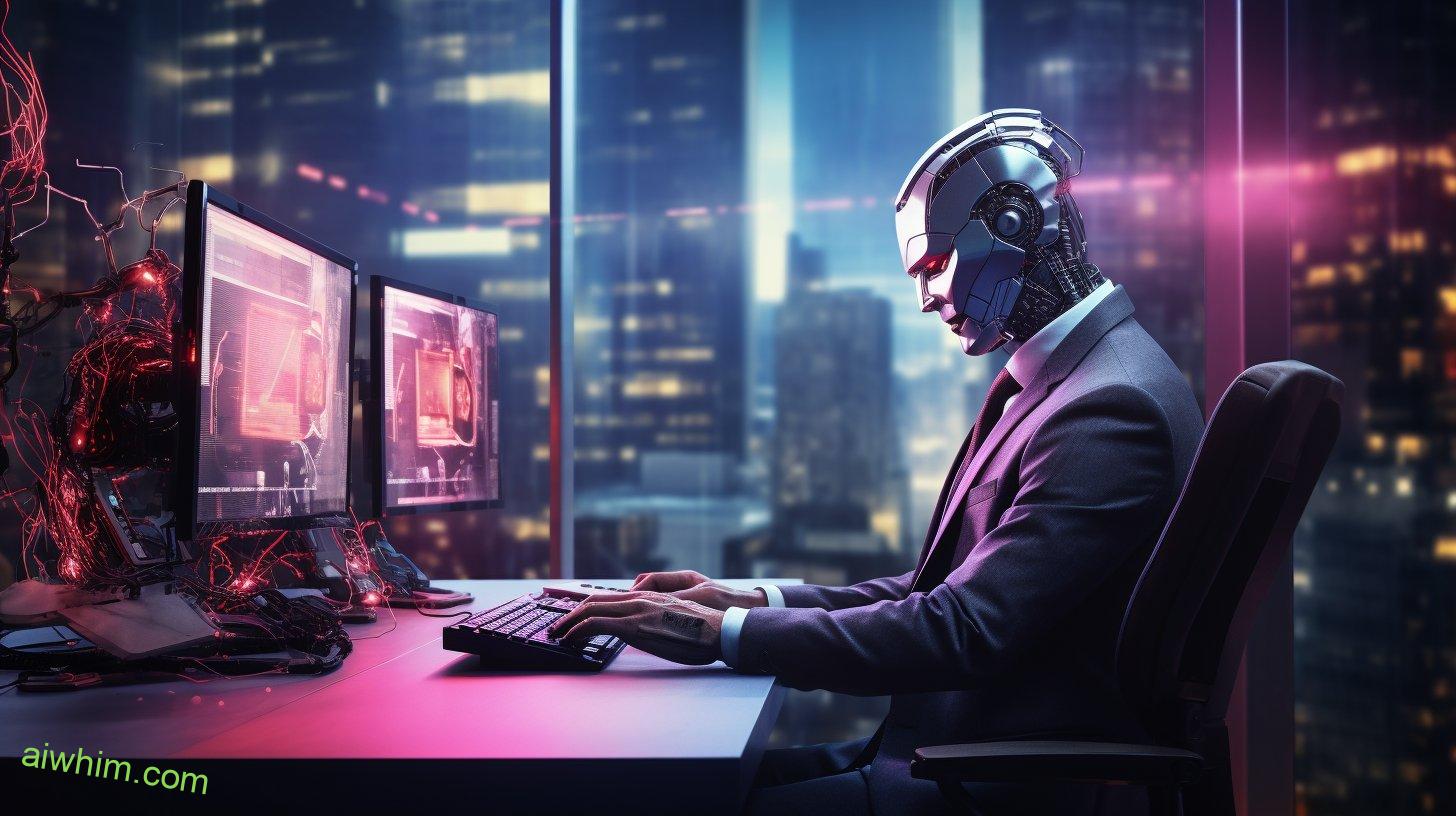
How AI Can Enhance Drama Education
AI has the potential to revolutionize drama education by providing innovative tools and resources to enhance learning experiences. Incorporating AI in the drama curriculum can bring new dimensions to the way students learn and practice acting techniques.
With AI, drama education can become more interactive and immersive. Imagine using virtual reality technology to transport students to different theatrical settings, allowing them to experience various stage environments and characters firsthand. AI can create virtual mentors, allowing students to receive personalized feedback and guidance in real time. This technology can also analyze students’ performances, providing detailed insights and suggestions for improvement.
AI can also assist in scriptwriting and character development. By analyzing patterns and trends in successful plays and performances, AI can generate scripts that adhere to proven storytelling techniques. It can also help students delve deeper into their characters by providing information on historical context, psychological traits, and emotional nuances. This wealth of information can empower students to make more informed choices in their acting.
Furthermore, AI can enhance the accessibility of drama education. It can provide translation services for international students, ensuring that language barriers don’t hinder their learning experience. AI can also enable students with disabilities to participate fully, offering assistive technologies that cater to their specific needs.
While AI can undoubtedly enhance drama education, it’s important to remember that it shouldn’t replace human interaction. The role of drama teachers in providing guidance, support, and inspiration is irreplaceable. Rather, AI should complement and augment their expertise, enabling them to provide even more enriching experiences for their students.
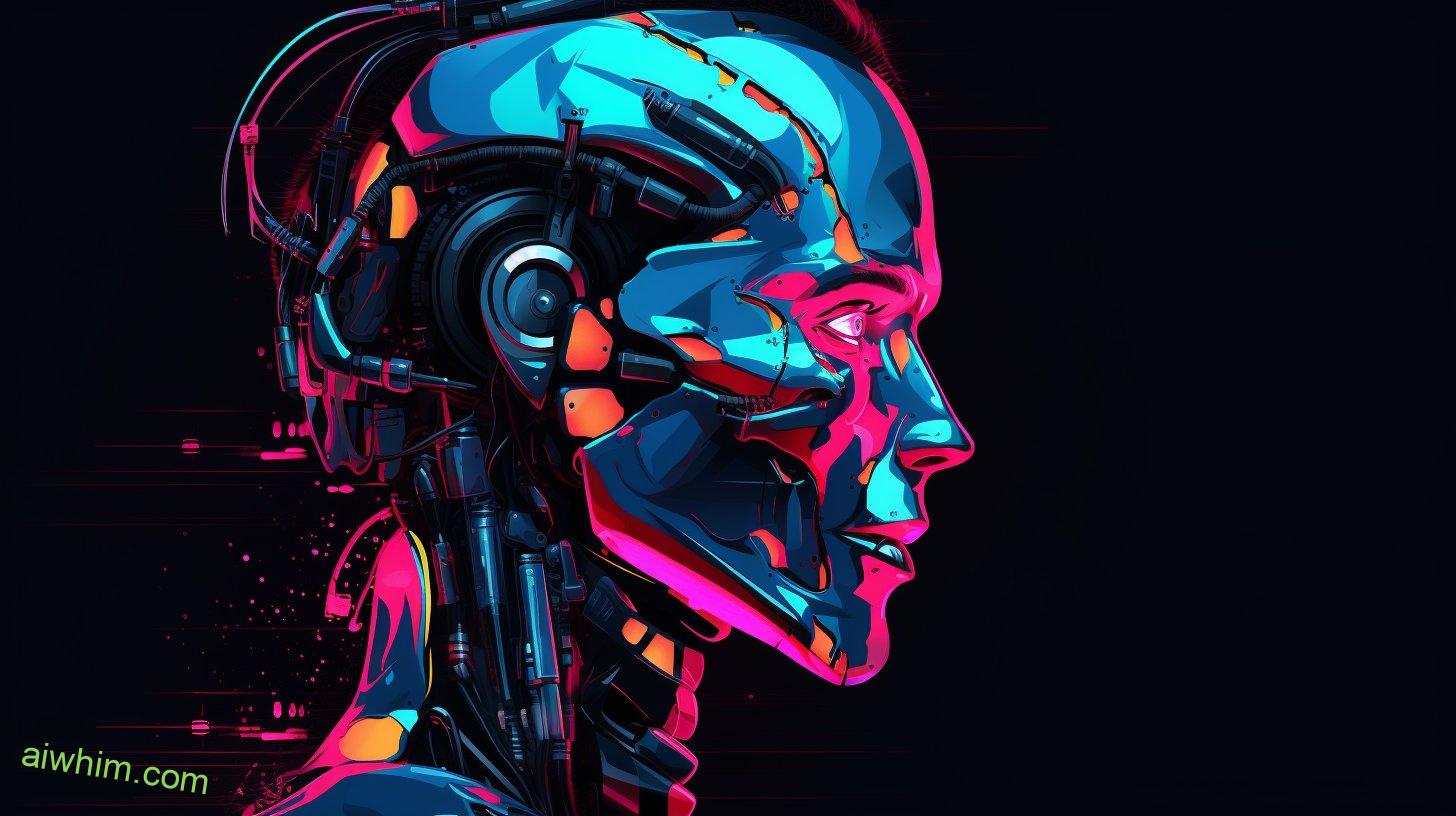
The Role of Drama Teachers in an AI Era
Drama teachers continue to play a vital role in the era of AI, providing invaluable guidance, support, and inspiration to students. While AI technology is advancing rapidly and has the potential to enhance the learning experience, it can’t replace the unique qualities that drama teachers bring to the table.
Here are three reasons why drama teachers remain indispensable in the age of AI:
- Emotional connection: Drama is all about exploring emotions and connecting with others on a deep level. AI may be able to analyze data and provide feedback, but it lacks the ability to truly empathize with students. Drama teachers, on the other hand, can foster a safe and supportive environment where students can freely express themselves without fear of judgment.
- Individualized instruction: AI may be able to provide personalized feedback based on pre-programmed algorithms, but it can’t fully understand the unique needs and learning styles of each student. Drama teachers have the ability to tailor their teaching methods to meet the specific requirements of their students, providing a more personalized and effective learning experience.
- Ethical considerations: While AI has the potential to revolutionize education, there are ethical considerations that need to be addressed. Using AI in drama education raises questions about privacy, data security, and the potential for biases in algorithms. Drama teachers can ensure that these ethical considerations are taken into account and create a safe and inclusive learning environment for all students.
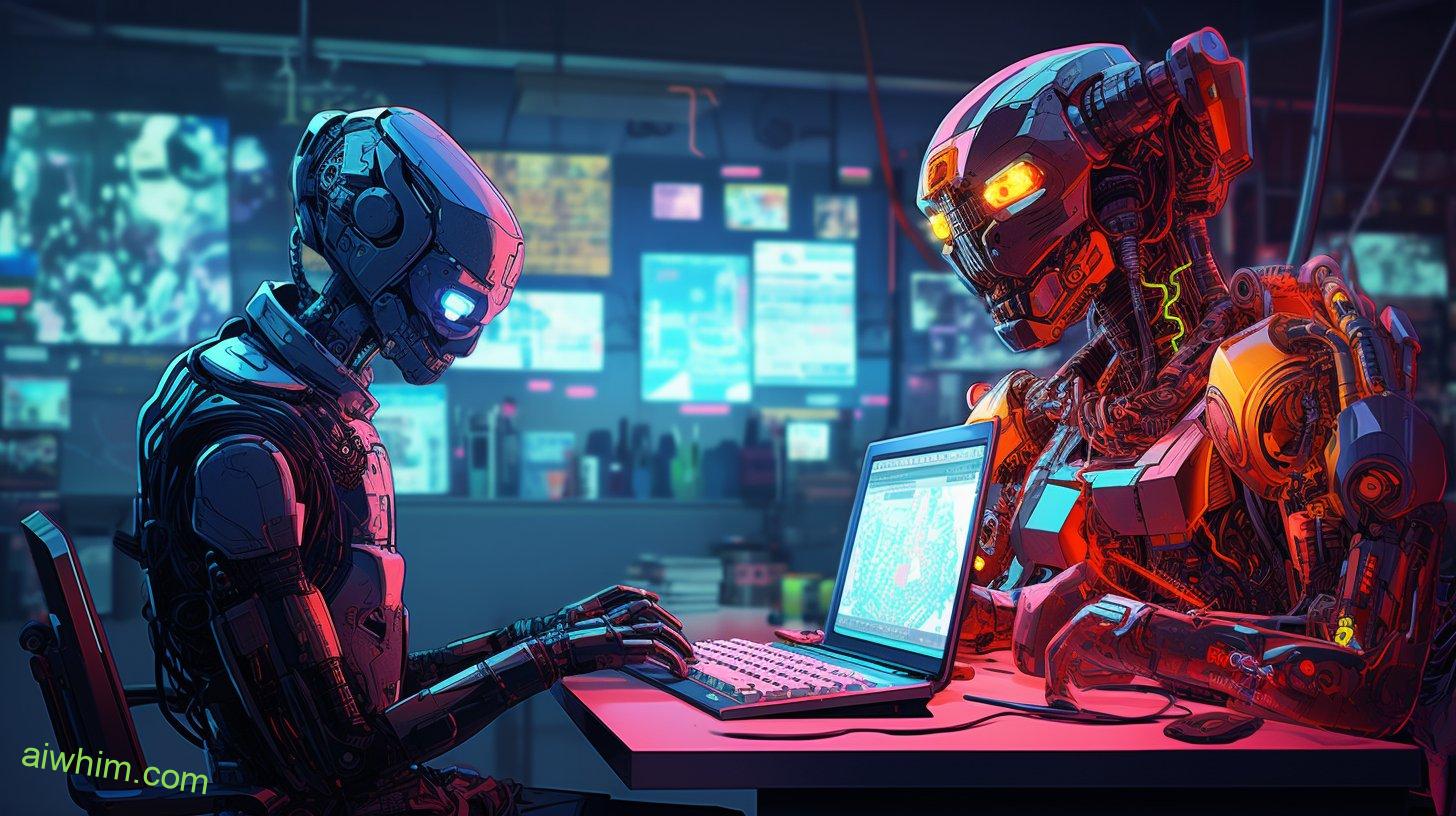
Addressing Concerns About AI Replacing Drama Teachers
Addressing concerns about the potential replacement of drama teachers by AI requires a careful examination of the unique qualities and benefits that human teachers bring to the table. As a freedom-seeking audience, you value the importance of human connection, creativity, and ethical considerations in education. AI may have its advantages, but it can’t replicate the dynamic interactions and personal guidance that human teachers provide.
One of the key concerns regarding AI’s impact on student creativity in drama education is that it may limit the exploration and expression of individuality. Drama is a form of art that thrives on the diverse perspectives and unique interpretations of its participants. Human teachers have the ability to foster a safe and supportive environment where students can freely express themselves and take risks. They can encourage improvisation, collaboration, and critical thinking, which are essential elements for nurturing creativity.
Another ethical consideration of using AI in drama teaching is the potential for bias and lack of empathy. AI systems are based on algorithms and data, which may perpetuate stereotypes or overlook the emotional needs of students. Human teachers, on the other hand, possess the empathetic qualities needed to understand and respond to the individual needs of their students. They can provide personalized feedback, offer emotional support, and adapt their teaching methods to cater to different learning styles.
While AI technology has its merits, it’s important to recognize that it can’t replace the invaluable qualities that human drama teachers bring. By acknowledging the impact on student creativity and the ethical considerations involved, we can ensure that AI is used as a tool to enhance, rather than replace, the role of drama teachers. In this way, we can strike a balance between the benefits of AI and the irreplaceable human connection that’s essential in drama education.
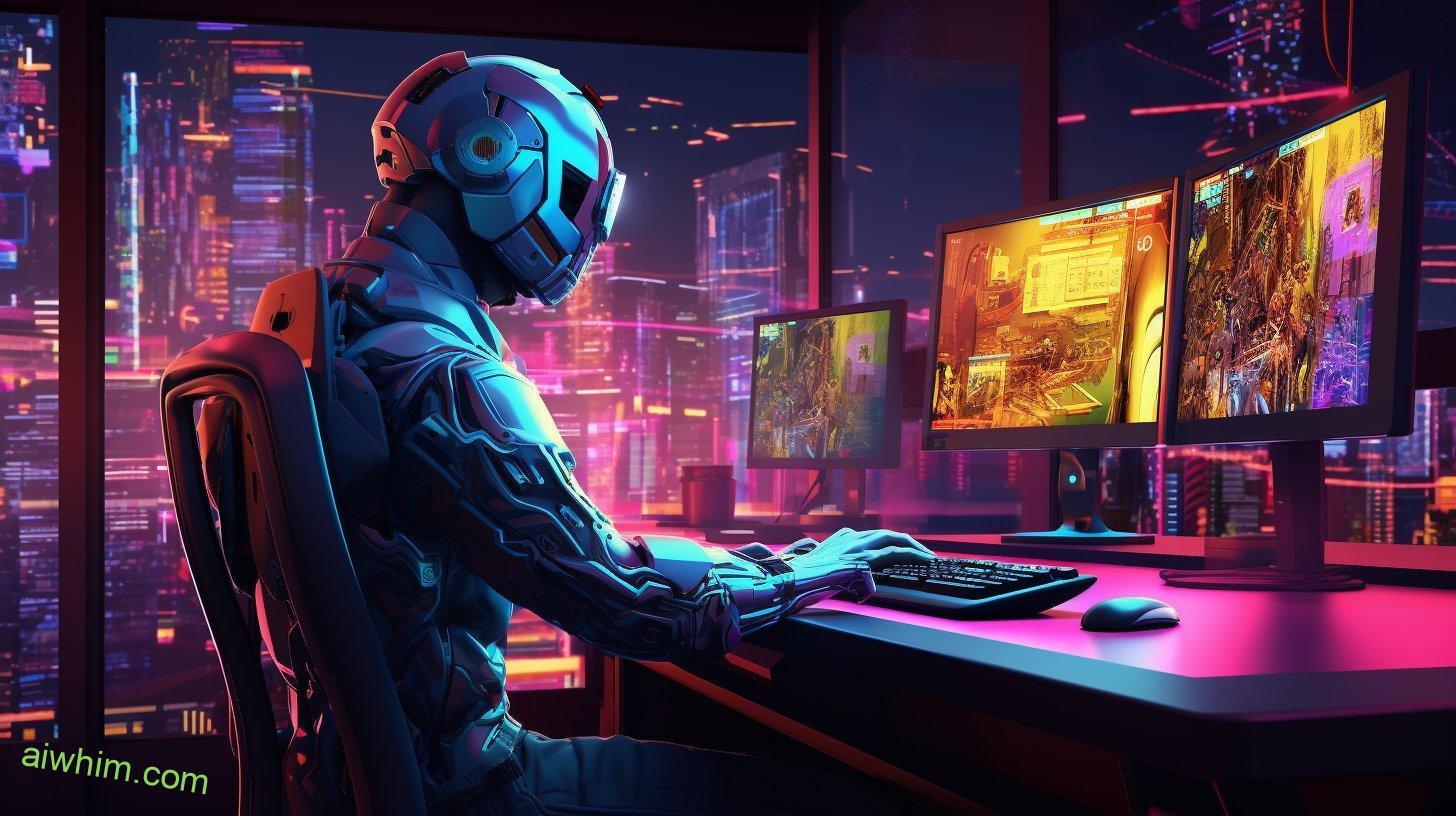
Collaborating With AI in Drama Education
To effectively integrate AI into drama education, educators can explore opportunities for collaborative learning and innovative teaching methods. By embracing AI’s capabilities, drama teachers can enhance their teaching practices and provide students with a more engaging and creative learning experience.
Here are three ways AI can contribute to drama education:
- AI can assist in scriptwriting and improvisation exercises, providing students with a wealth of ideas and inspiration. With AI algorithms analyzing vast amounts of dramatic literature and performances, students can access a wide range of narratives and characters to explore, expanding their creative horizons.
- AI can act as a virtual acting coach, offering real-time feedback and guidance to students during rehearsals. Through voice and facial recognition technologies, AI can analyze students’ performances, providing constructive criticism and suggesting ways to improve their acting skills. This personalized feedback can help students grow and develop as performers.
- AI can facilitate virtual reality (VR) experiences, allowing students to immerse themselves in different theatrical settings and performances. By simulating various stages, sets, and scenarios, AI can provide students with a hands-on learning experience, enhancing their understanding of stagecraft and production elements.
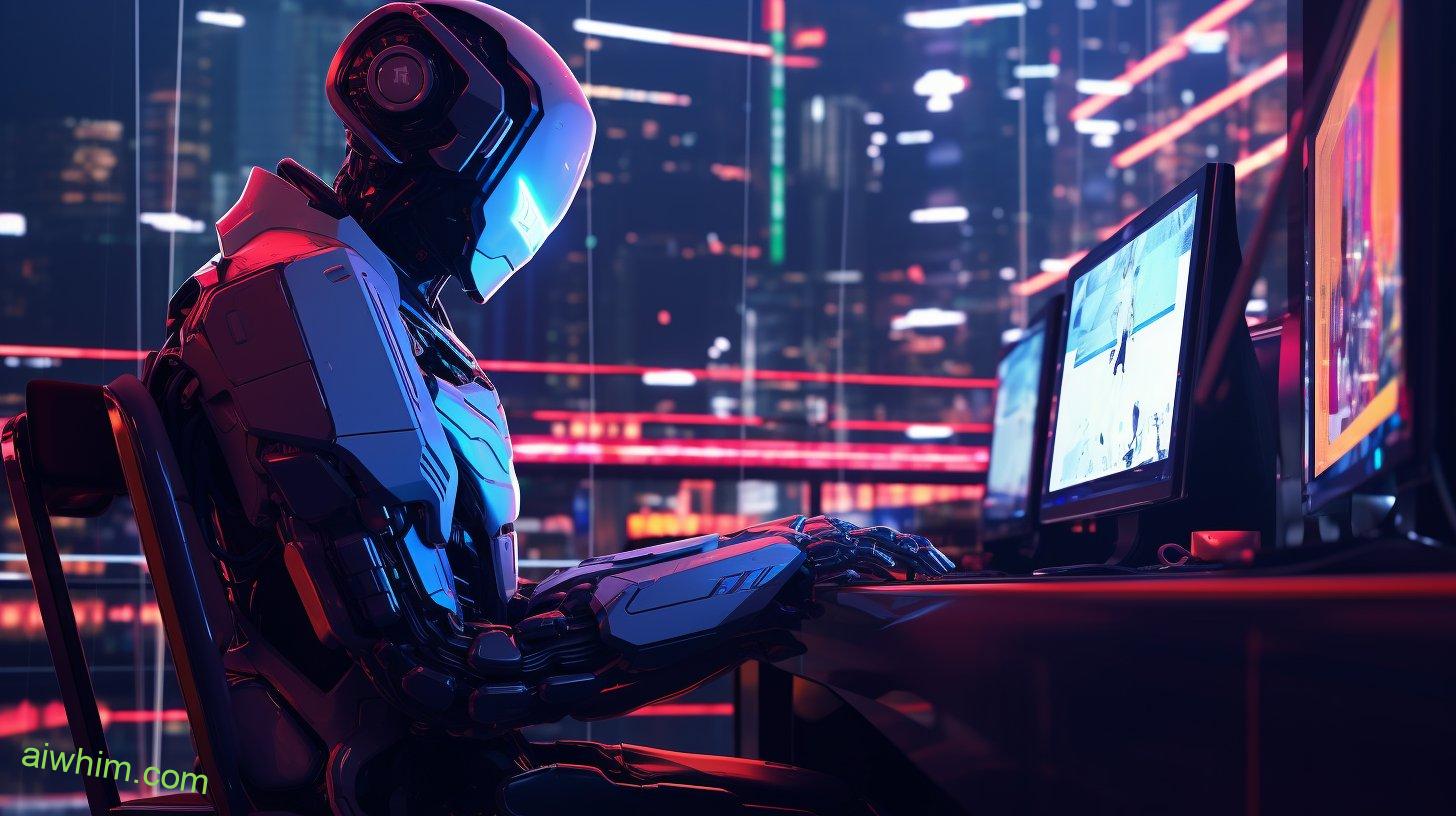
Embracing Technology in Drama Teaching
Incorporate technology into your drama teaching to enhance student engagement and foster creativity.
Integrating technology in the drama classroom can revolutionize the way students learn and engage with the subject. With interactive learning tools and digital platforms, you can create a dynamic and immersive learning environment that captivates your students’ attention.
One way to embrace technology in drama teaching is by using interactive apps and software. These tools allow students to explore different aspects of drama, such as character development, stage design, and scriptwriting, through hands-on activities and simulations. By incorporating technology, you can provide a more interactive and engaging learning experience, enabling students to actively participate in their own creative journey.
Another way to embrace technology is by utilizing video and audio recording equipment. This allows students to capture their performances and reflect on their progress. By watching and analyzing their work, students can identify areas for improvement and develop their skills further. Additionally, technology enables students to collaborate on projects and share their work with a wider audience, fostering a sense of community and encouraging peer-to-peer learning.
Furthermore, virtual reality (VR) and augmented reality (AR) can offer unique opportunities for students to explore different theatrical settings and experiences. These technologies allow students to step into the shoes of characters, visit historical theaters, and even create their own virtual performances. By incorporating VR and AR into your drama teaching, you can provide students with immersive and enriching experiences that enhance their understanding and appreciation of the art form.
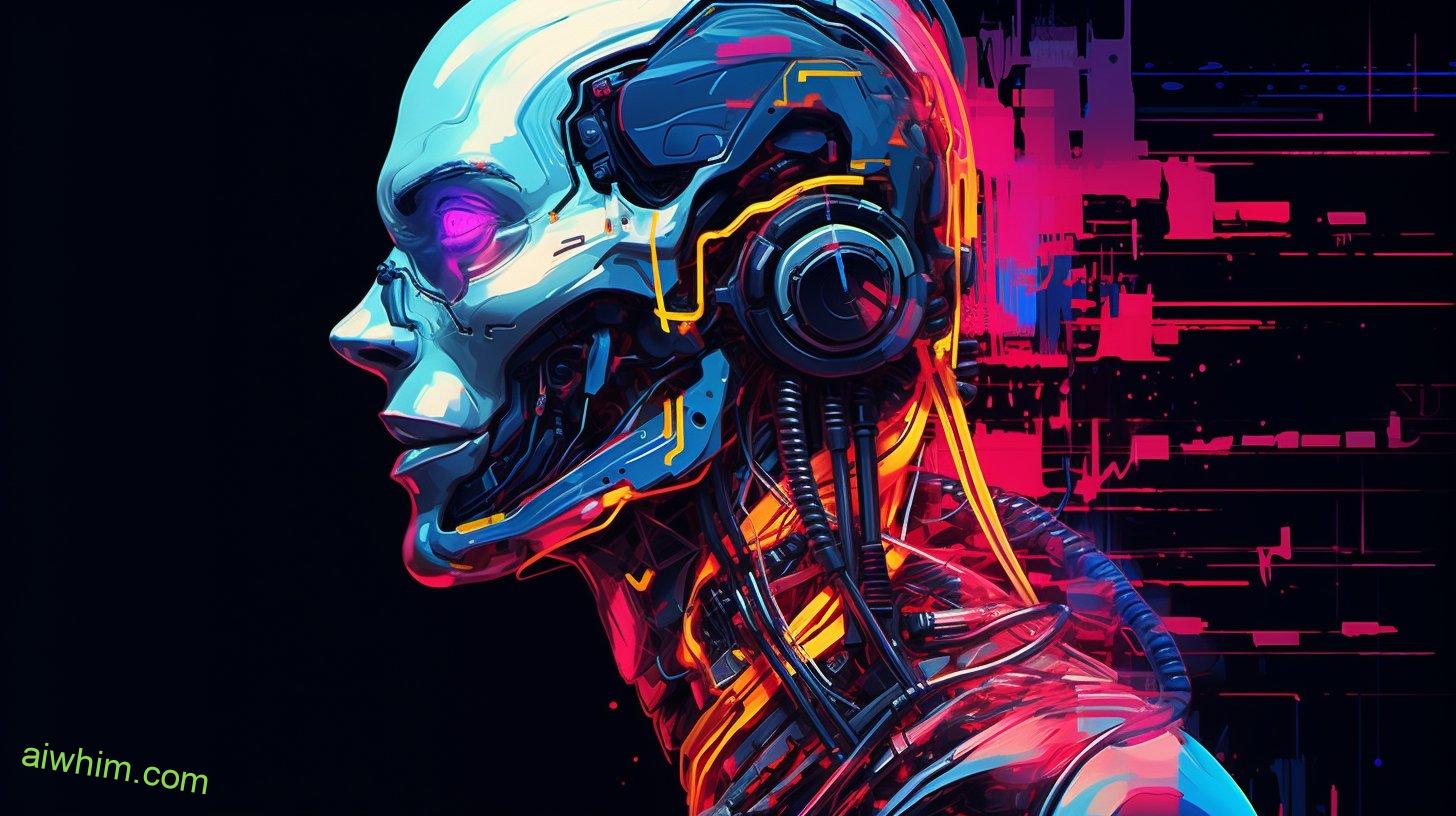
The Future of Drama Education With AI
Drama education is poised for a transformative shift with the integration of AI technology. As we look towards the future, it’s important to consider the ethical implications of AI in drama education.
Here are three key points to consider when integrating AI tools in the drama curriculum:
- Ensuring inclusivity: AI has the potential to widen access to drama education by providing personalized learning experiences for students with diverse backgrounds and abilities. By leveraging AI tools, educators can create inclusive environments that cater to individual needs, allowing students to explore their creativity in a way that suits them best.
- Enhancing creativity: AI technology can be utilized to enhance students’ creative abilities. For example, AI can analyze scripts and provide suggestions for improvisation, helping students explore new possibilities and develop their acting skills. By incorporating AI tools into the drama curriculum, educators can encourage students to think outside the box and push the boundaries of their artistic expression.
- Navigating ethical challenges: It’s important to address the ethical implications of AI in drama education. Educators must ensure that AI tools are used responsibly and ethically, respecting students’ privacy and autonomy. Additionally, there should be transparency regarding the use of AI tools, with clear guidelines on data collection and usage to protect students’ rights and interests.
Incorporating AI technology into drama education holds immense potential for revolutionizing the way we teach and learn. By embracing AI tools, educators can create inclusive and innovative learning environments that empower students to explore their creativity and develop their acting skills. It’s crucial, however, to navigate the ethical implications of AI in drama education to ensure that students’ rights and interests are protected. With careful consideration and responsible implementation, AI can truly enhance the future of drama education.
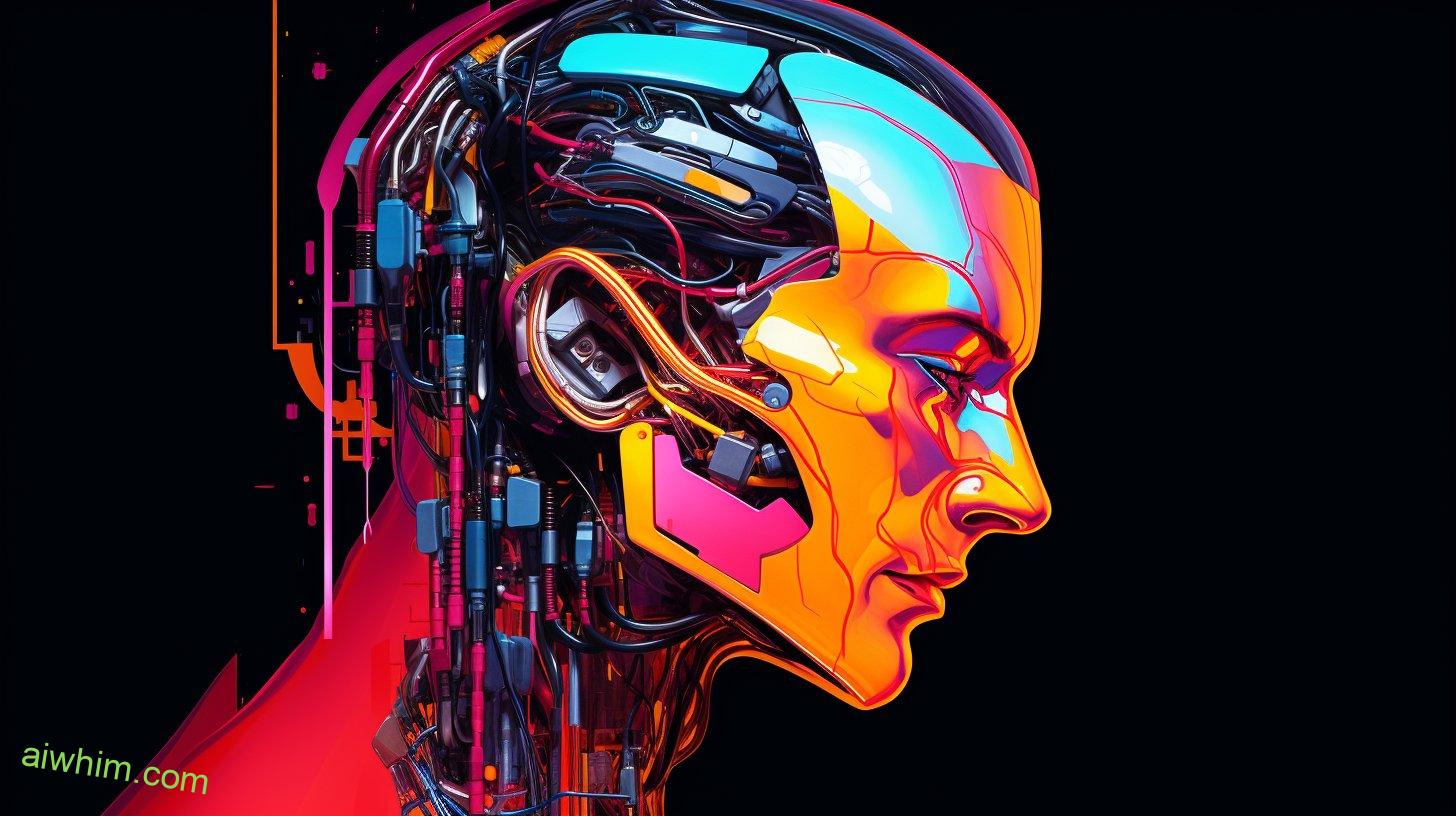
Conclusion: Balancing AI and Human Touch in Drama Teaching
Finding the right balance between AI technology and the human touch is crucial in drama teaching. As we explore the potential of AI in the field of education, it’s important not to lose sight of the value that human interaction brings to the learning experience. While AI can enhance certain aspects of drama teaching, it should be seen as a tool to support and augment the creative process, rather than replace the role of a drama teacher.
Integrating AI in the drama curriculum can provide opportunities for students to explore new possibilities and enhance their creativity. AI technology can assist in areas such as script analysis, character development, and even virtual reality simulations for immersive performances. These tools can provide students with valuable insights and feedback, helping them to refine their skills and grow as performers. However, it’s essential to strike a balance between utilizing AI and fostering the human touch that drama teachers provide.
The human touch in drama teaching encompasses more than just technical skills. Drama teachers bring their passion, experience, and personal connection to the art form. They create a safe and supportive environment for students to express themselves, take risks, and develop their own unique voice. This personal touch can’t be replicated by AI, as it requires an understanding of individual student needs and the ability to provide personalized guidance and encouragement.
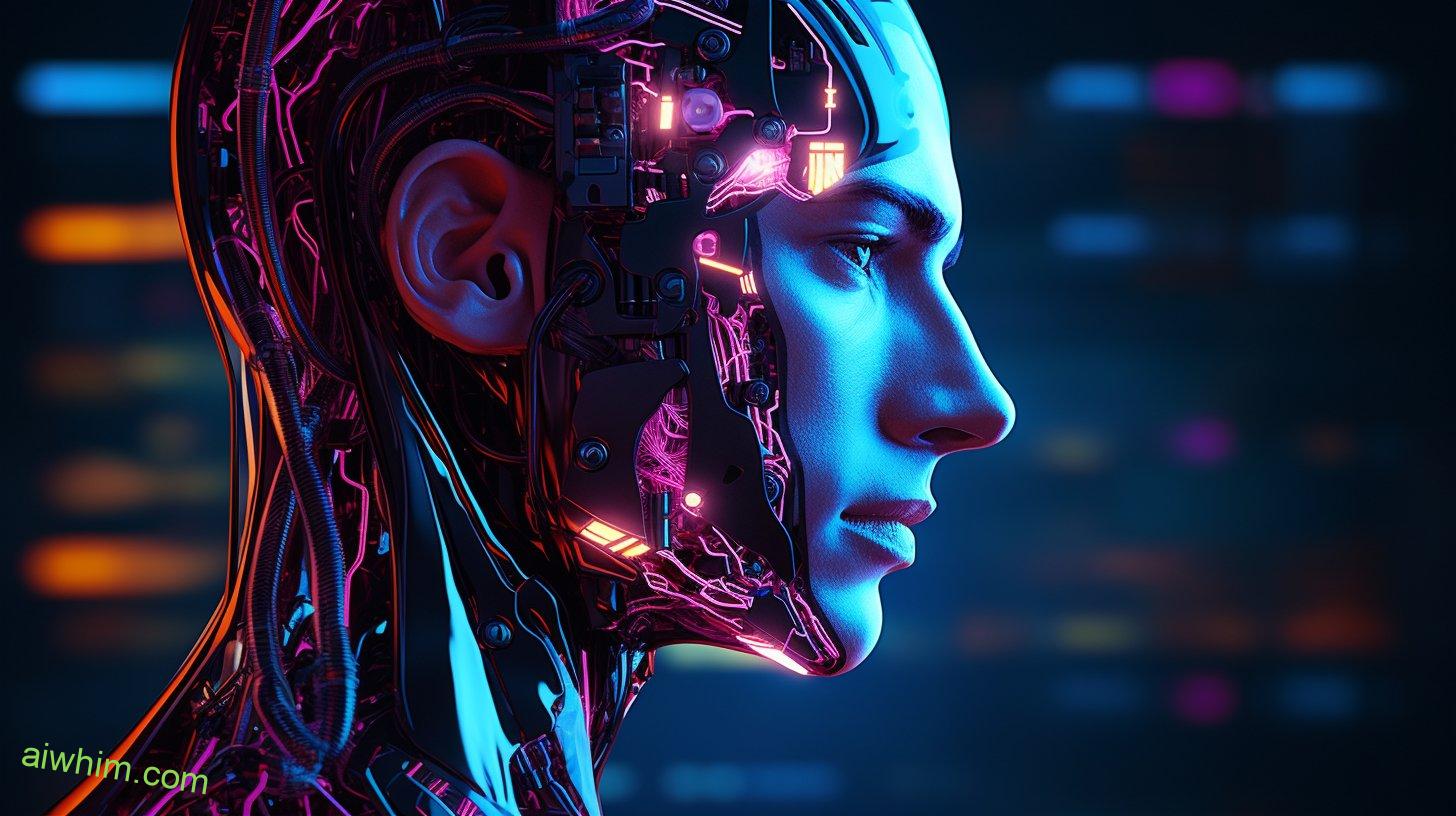
Frequently Asked Questions
How Does AI in Drama Education Affect Students’ Creativity and Imagination?
AI in drama education can have a profound impact on your creativity and imagination. With AI’s ability to enhance engagement and foster collaboration, you’ll be amazed at how it pushes the boundaries of your artistic expression.
Can AI Effectively Provide Personalized Feedback and Guidance to Drama Students?
AI can effectively provide personalized feedback and guidance to drama students, enhancing their creativity and imagination. It adapts to your needs, giving you the freedom to explore and grow as an artist. Embrace the potential of AI in drama education.
What Are Some Potential Ethical Concerns Surrounding the Use of AI in Drama Education?
Privacy concerns arise when using AI in drama education, as personal information may be collected and used without consent. AI-based tools also have the potential to perpetuate bias and discrimination, limiting freedom and equality in the learning process.
Will AI Replace the Need for Live Performances and Interactions in Drama Education?
AI has the potential to revolutionize drama education by enhancing live performances with its impact on authenticity. However, it doesn’t mean it will replace the need for human interactions in the art of drama.
How Can Drama Teachers Adapt and Integrate AI Technologies Into Their Teaching Methods?
You can adapt your drama curriculum by integrating AI technologies. Use AI assisted rehearsals to enhance your teaching methods. Embrace the freedom to explore new possibilities and enrich the learning experience for your students.
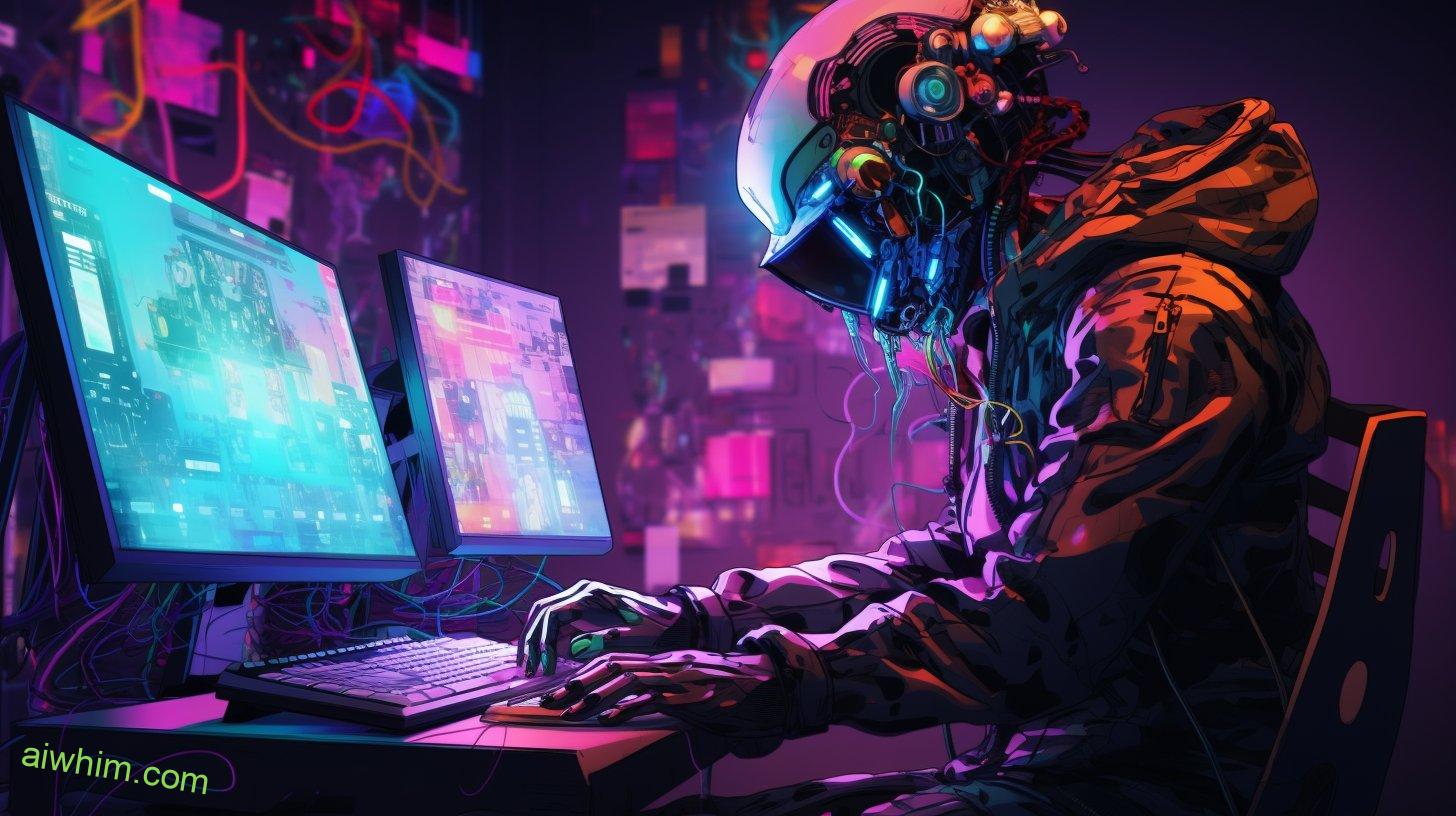
Conclusion
Drama teachers, fear not! While AI may bring advancements to drama education, it can never replace the vital human connection that you bring.
The power of personal interaction, empathy, and creativity can’t be replicated by technology. So embrace the possibilities that AI offers, but remember to always prioritize the human touch.
Let your passion and expertise shine, as you guide and inspire the next generation of dramatic storytellers.
Drama teachers, you’re irreplaceable!

